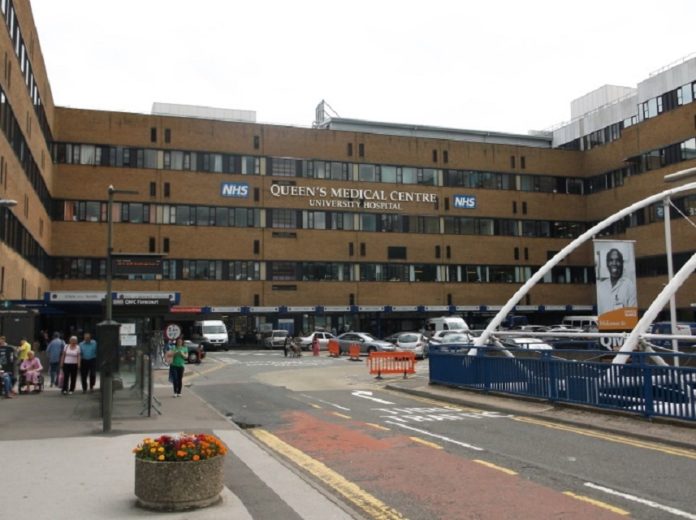
By Anna Whittaker, Local Democracy Reporter
A multi-million-pound plan to upgrade Nottingham’s hospitals and re-locate some departments and services has broad public support, an initial consultation has shown.
The ‘Tomorrow’s NUH’ programme has been described as a ‘once in a generation’ opportunity to redevelop hospital services to address health inequalities and spark economic regeneration.
Nottingham University Hospitals, made up of Queen’s Medical Centre and City Hospital, was chosen as one of 40 major hospitals to be funded by the Government to make the changes.
The plans could see maternity and neonatal services being merged at Queen’s Medical Centre in a new Women’s and Children’s hospital.
Most elective (planned) operations planned like hip replacements, would be delivered at the City Hospital, with some emergency care moving to the QMC. Cancer treatment would continue to be delivered across both sites.
The vision is to turn City Hospital into a “centre of excellence for elective care”.
The trust’s maternity units are currently rated ‘inadequate’ by the Care Quality Commission (CQC) and the trust as a whole is graded as ‘requires improvement’.
It has previously been suggested that merging maternity at QMC could help with improvement, but some concerns were raised in the consultation that not every mother wants a “one stop shop”.
The second stage of pre-consulation engagement for Tomorrow’s NUH has seen 78 per cent of those surveyed say they strongly/somewhat support the overall proposals.
In total, 1948 individuals participated by either completing an online survey, attending an engagement event/focus group, or providing a response to the promotion of the engagement on social media.
Senior officers of the Nottingham and Nottinghamshire Clinical Commissioning Group will attend the Health Scrutiny Committee to brief Members and answer questions on June 14.
Members of the committee, which is chaired by Councillor Sue Saddington, previously commented on the “relatively low levels” of response to the pre-consultation engagement process but acknowledged it would be easier when the proposals were more concrete.
The report published ahead of the meeting states: “The majority felt that it would be beneficial to have similar services in one location as this would
make access to the correct treatment in the right setting much easier for patients, reduce waiting times for appointments and ensure continuity of care.
“There were positive comments around increase in confidence that the care needed would be available sooner with specialised services in one place.
“Positive comments were also received around having major benefits to maternity and neonatal services being on one site.
“Some concerns [were] raised about the potential negative impact on patient choice and the co-location of specific services.”
It added feedback will be “crucial” to the formulation of questions that will be asked in the formal consultation, which is expected to take place from October to December 2022.

















